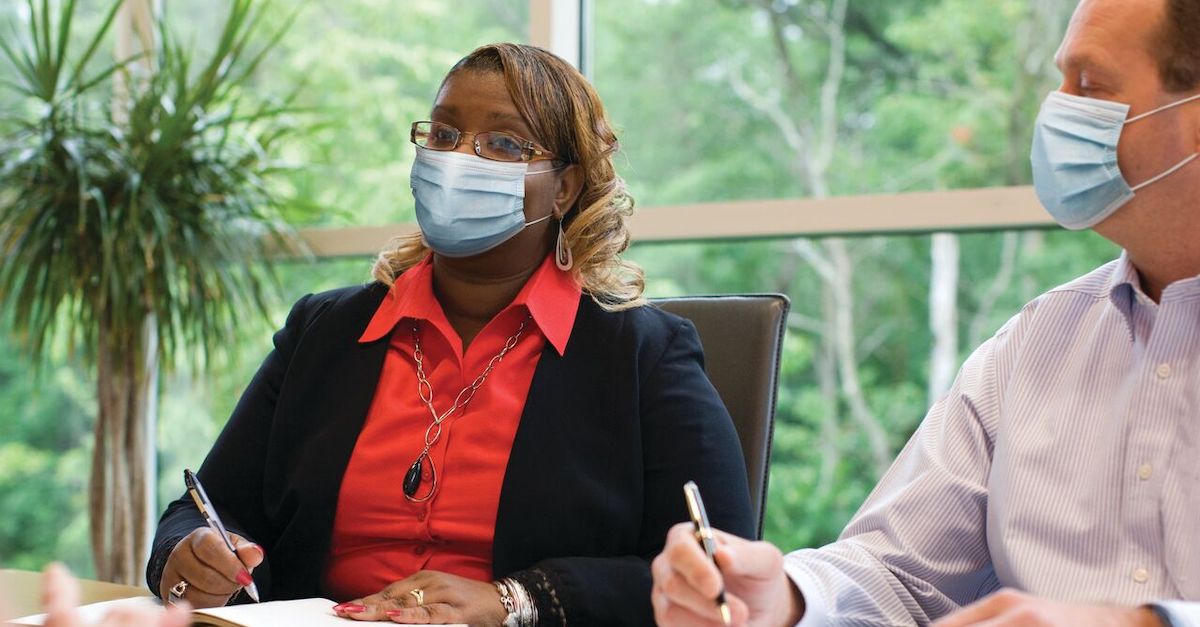Cardinal Health MarketSM
The legacy Cardinal.com Medical Ordering site has been replaced with Cardinal Health MarketSM, a new product experience designed with you in mind.

10/14/2021
By Ola Snow, Chief Human Resources Officer
At Cardinal Health, we aspire to be healthcare’s most trusted partner. We continue to transform our business through growth, innovation and technology to better serve our healthcare customers and the patients who rely on them. What we do matters, and the pandemic illuminated the vital role we play in the healthcare supply chain.
Throughout our 50 years in business, we’ve developed an inclusive culture and we’re constantly searching for great talent to join our team. At the moment, we’re actively recruiting to fill positions in sales, software engineering, finance, logistics, and distribution center and manufacturing facilities operations – and many more areas of the business. If you’d like to learn more, I encourage you to see available opportunities here.
Since the onset of the pandemic, we and many other employers have adapted our search and hiring strategies to include online recruiting, virtual interviews and increased opportunities for remote work. These industry changes have also led to an increase in online recruiting scams.
In April, the FBI issued a press release warning that technology makes these scams easier and more lucrative than ever. “Scammers advertise jobs the same way legitimate employers do – online,” the FBI release said. “They promise you a job, but what they want is your money and your personal information.” According to the release, in 2020, more than 16,000 people reported being victims of recruiting scams – with collective losses amounting to more than $59 million.
This has become a personal issue for me: Over the past year, I’ve received emails and calls from job seekers who’ve been tricked by cyber criminals pretending to be me. Those who’ve reached out to me have wanted additional information. Most of them shared that something in the process didn’t feel right. Some are distraught; some even have lost money to the scams.
The scammers pose as employers by creating phishing websites that replicate trusted websites, with legitimate-looking logos and domain names similar to those of legitimate companies. They post fake job openings on sites like LinkedIn, Indeed and Glassdoor, and conduct fake interviews. Most troubling of all, the people running these scams ask for some of the same kinds of information that employers do. But they also ask for information that employers would never ask for via email or third-party chat room, including credit card or banking information.
Here are some tips to keep in mind when pursuing your next role in today’s virtual world:
Protect yourself and your privacy:
Like all legitimate employers, we’re working hard to prevent scammers from succeeding with recruitment scams. We investigate all reports of recruitment scams that we receive. If you have any questions about whether a job advertisement or solicitation is a legitimate Cardinal Health job opening, please email us at cardinalcareers@cardinalhealth.com.
Note: If you have been the victim of a recruiting scam, please report the scam to the Federal Trade Commission (FTC) at ReportFraud.ftc.gov, and learn what you can do to help protect yourself here.
Ola Snow is Cardinal Health’s Chief Human Resources Officer. She has a passion for diversity, equity and inclusion and serves as co-executive sponsor for the D&I Council and an advisor to the Black and African American Racial Equity Cabinet, internal groups charged with challenging the status quo and helping to advance our DEI work. Snow also serves on the board of the Cardinal Health Foundation, Baxter Credit Union and Flying Horse Farms and is a commissioner on the Columbus Women’s Commission. She is an active member of The Ohio State University’s Women and Philanthropy and Go Red for Women Circle of Red.